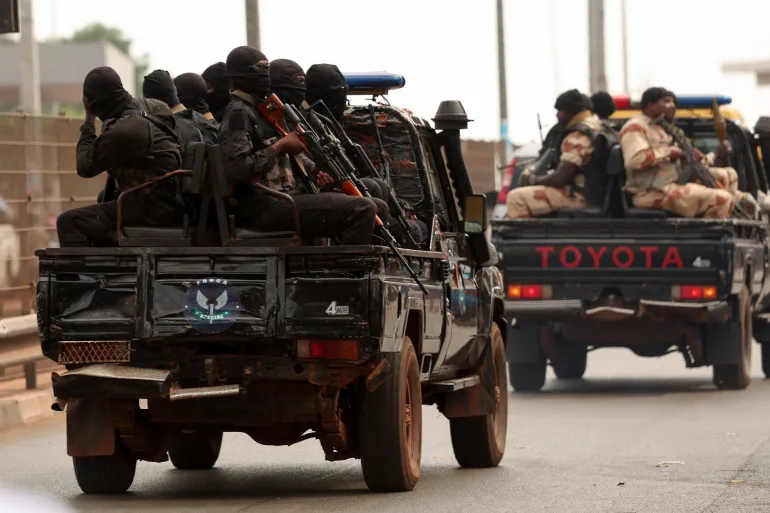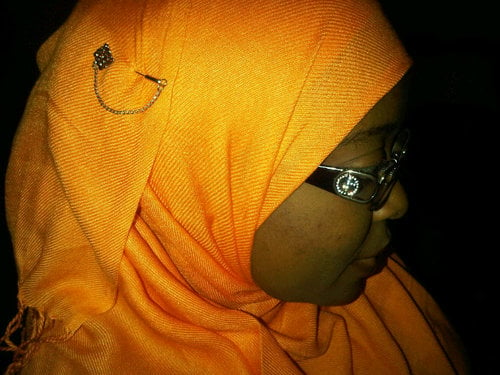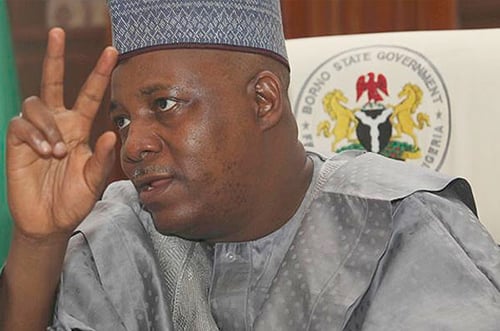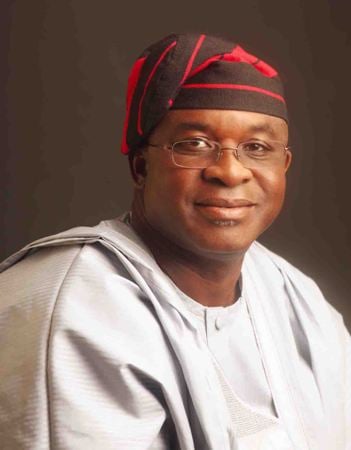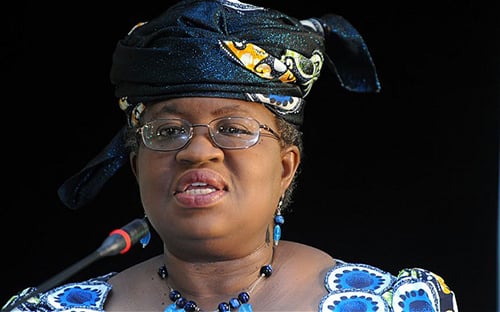Soldiers on a Guinea-Bissau street | Photo: Luc Gnago/Reuters
The Economic Community of West African States (ECOWAS) has suspended Guinea-Bissau from the regional bloc until constitutional order is restored in the country.
The bloc made its decision known in a communique issued late Thursday after it convened an emergency virtual summit of heads of state and government on the situation.
Military officers announced a coup on November 26 and suspended the country’s electoral process, declaring they would be in control “until further notice”.
The country was awaiting the announcement of election results when the putschists struck.
Advertisement
The coup also came weeks after the Guinea-Bissau government said it successfully thwarted an alleged coup attempt just before the start of election campaigns.
Observation missions from the African Union (AU), ECOWAS, and the West African Elders Forum (WAEF), had faulted the development, noting that leading candidates assured of their willingness to accept the will of the people.
After seizing control, the coup leaders detained President Umaro Embaló who is seeking re-election, and some cabinet members including the interior minister, deputy chief of staff, and the armed forces’ chief of staff.
Advertisement
In its communique, ECOWAS called for the release of the president and officials.
“The MSC decides, in accordance with the provisions of the ECOWAS Protocol on Democracy and Good Governance 2001 (A/SP/12/01), to suspend Guinea-Bissau from all ECOWAS decision-making bodies until the restoration of full and effective constitutional order in the country,” the text reads.
The bloc constituted a high-level mediation mission comprising Togolese President Faure Gnassingbe; Jose Neves, president of Cabo Verde; and Senegalese President Bassirou Faye to engage the coup leaders on the restoration of democracy.
The heads of state urged the Guinea-Bissau armed forces to return to the barracks and maintain their constitutional role.
Advertisement
